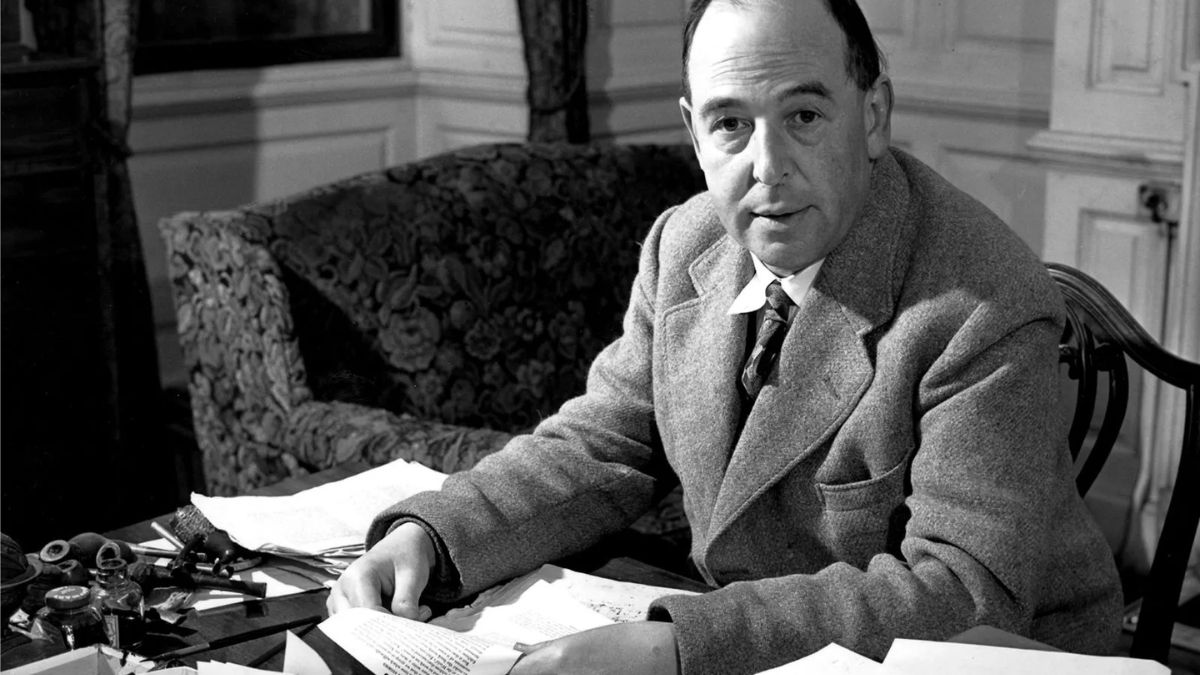

BreakPoint
Today’s BreakPoint offer: Human Dignity in the Biotech Century: A Christian Vision by Charles Colson and Nigel Cameron, eds.
Letter to the Editor, “What's Autism Got to Do With It?” Washington Post, 30 July 2006.
Tom Strode, “Bioethicist: Not just autistic at risk if sex screening approved,” Baptist Press, 29 June 2006.
Virginia Bovell, “We Don’t Need to Wipe Out Autism . . . We Need to Care More,” Daily Mail (London), 19 June 2006.
Julie Wheldon, “Ethical Row Erupts over Designer Babies Breakthrough,” Daily Mail (London), 19 June 2006.
Elizabeth R. Schiltz, “Confessions of a ‘Genetic Outlaw’,” Business Week, 20 July 2006.
Nigel Cameron, The New Medicine: Life and Death after Hippocrates (Crossway, 1992).
“Bioethics and the Christian,” interview with Joni Eareckson Tada.
BreakPoint Commentary No. 050729, “A Life Worth Living: Max’s Classroom.”
BreakPoint Commentary No. 060519, “‘Handiphobia’: Who’s Afraid of the Rain Man?”
BreakPoint Commentary No. 060315, “The Real Point: Jason McElwain and Respect for Life.”
BreakPoint Commentary No. 051205, “Scary Science: Disturbing Developments on the Down Syndrome Front.”
BreakPoint Commentary No. 060316, “‘Wrongful Birth’: When a Baby’s Life Becomes a Threat.”
BreakPoint Commentary No. 060227, “The Biotech Century: Dream or Nightmare?.”
Read more articles and commentaries on biotechnology issues.
The Eliminators
British medical researchers recently announced plans to use cutting-edge science to eliminate a condition my family is familiar with: autism. Actually, they are not “curing” autism or even making life better for autistic people. Their plan is to eliminate autism by eliminating autistic people. There is no in utero test for autism as there is for Down syndrome. As I have previously told “BreakPoint” listeners, that testing, combined with abortion-on-demand, has made people with Down syndrome an endangered population. By some estimates, 90 percent of these people—who, if allowed to live, can live happy and healthy lives—are aborted. In the absence of such a test for autism, researchers at University College Hospital London are settling for what they call a “close enough” solution. They have applied for permission to use pre-implantation genetic diagnosis, or PGD, to screen out male embryos in families with a history of autism. Their “logic” is that since 90 percent of all autistic people are males, their testing would allow families with autistic children “to have a daughter free from the condition.” Of course, they would have also killed males who were not autistic. Talk about wholesale gender cleansing. The critics are not convinced. Simone Aspis of the British Council of Disabled People drew the what-should-be obvious inference: “Screening for autism would create a society where only perfection is valued.” In the brave new world of the researchers, it is reasonable to fear “that anyone who is different in any way will not be accepted.” Here in the states, bioethicist Ben Mitchell said that “if unborn children are being eliminated for a genetic disposition to autism, no one is safe . . . Today autism, tomorrow intelligence below 70 I.Q., the next day male pattern baldness. When will this madness stop?” The only way to avoid this is to understand that we have no business deciding “who should live and who should die.” And that’s exactly where proposals like this are leading us. Once a disability is “diagnosed” in utero, women are subject to enormous pressures to have an abortion. According to a recent Business Week article, there’s even a name for women who refuse to have an abortion in these circumstances: “genetic outlaws.” Despite all the rhetoric about “alleviating suffering,” the bottom line in targeting the disabled in utero is the bottom line. As Business Week puts it, “the social cost of accommodating [their] birth is increasingly being seen as exceeding [their] worth.” Oh my! This utilitarian view of life inevitably leads us exactly where the Nazis were creating a master race. Can’t we see it? My heart goes out to parents who are raising autistic children. I know what they face because my daughter is raising a 15-year-old autistic son. But I also know firsthand the joy and blessing these children can bring into our lives. The answer is not to play God and keep them from being born—rather we need to help them and their parents. That’s what “alleviating suffering” really means.
| For Further Reading and Information |
08/2/06















